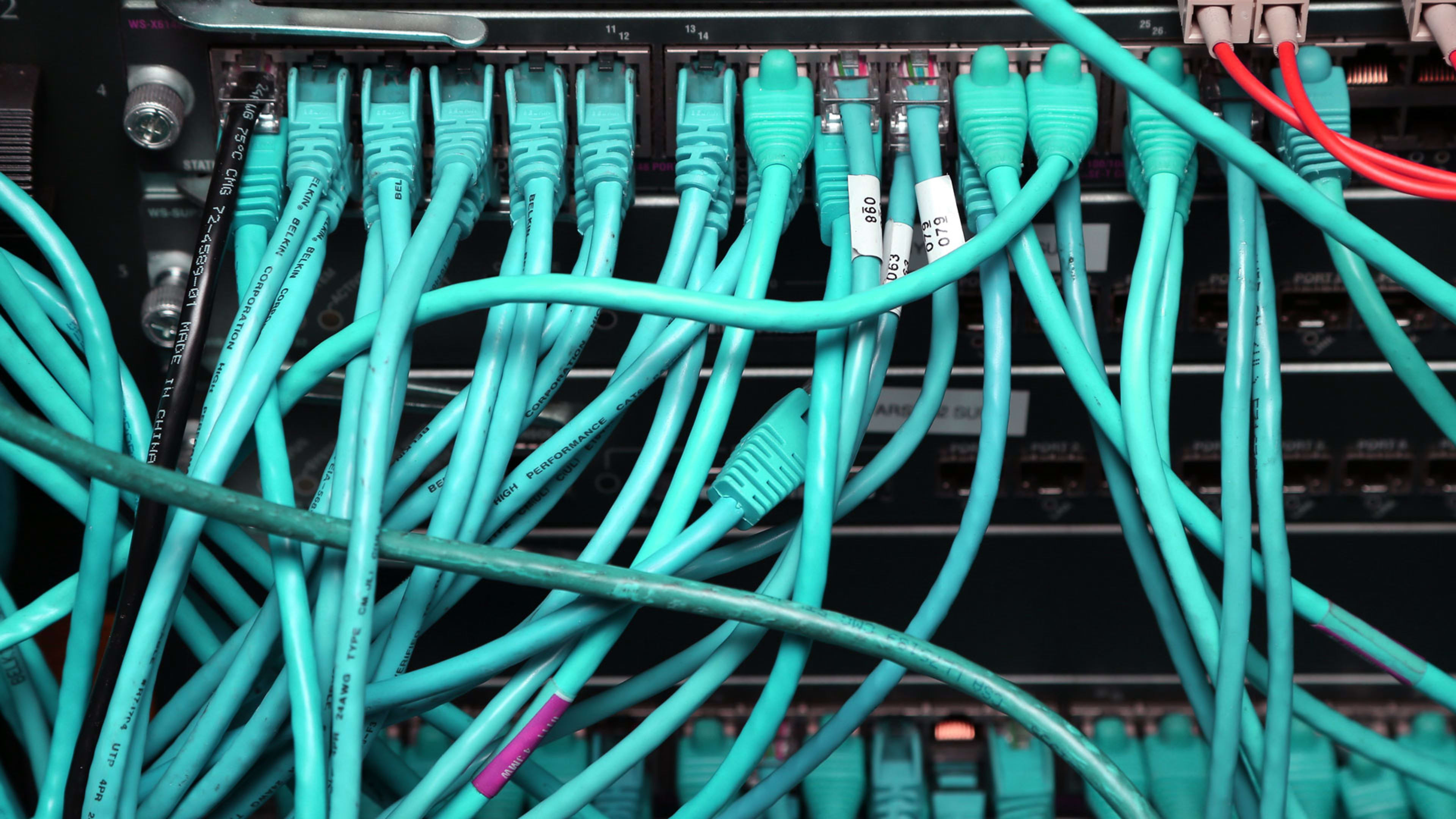After 50 pages of legalese, the FCC’s new order on net neutrality makes its case for why regulations are bad for broadband companies and consumers. The biggest argument—pushed by major ISPs like Comcast—is that “Open Internet Order” regulations have made ISPs gun-shy about investing, depressing spending by billions per year. Ironically, Comcast was among several ISPs that actually increased investment in that time period. Analysis by Morgan Stanley says that wireless carriers may have over-invested because they were too optimistic about the demand for faster service.
In particular, the FCC highlights the burden of net neutrality regulations on smaller ISPs. Citing input from the American Cable Association, they argue, “Small ISPs state that these increased compliance costs and regulatory burdens have forced them to divert money and attention away from planned broadband service and network upgrades and expansions.”
But not all smaller ISPs agree. “No, this doesn’t align with our experience. We haven’t experienced any material cost related to compliance with the Open Internet Order,” writes Dane Jasper, CEO of Santa Rosa, California-based Sonic, in an email to Fast Company.
Sonic has about 100,000 customers and is expanding in cities like San Francisco, challenging big ISPs for market share. So it’s not surprising that the ISP isn’t chummy with the likes of AT&T, Comcast, or Verizon on political issues. Sonic is also touting net neutrality as a differentiator and has aligned itself with activists who support regulation.
Jasper claims that growing customer appetite for video, not regulations, is what’s hurting some ISPs—especially the wireless ISPs that operate in rural areas where it isn’t economical to string cable or fiber. They don’t want to invest in upgrades, he claims.
“I personally know a number of WISPs that use equipment…to throttle Netflix. They say without doing this, they’d have to upgrade sectors and backhaul radios, as well as upstream connections,” says Jasper. “I say it’s disingenuous at best to sell consumers ’15Mbps,’ but then to de-prioritize and throttle some types of traffic because the uplink is full. That’s a fundamental neutrality violation, and I believe it is the reason for the large number of WISPs who have supported Pai’s efforts to overturn consumer protections.”
Recognize your brand’s excellence by applying to this year’s Brands That Matter Awards before the early-rate deadline, May 3.
